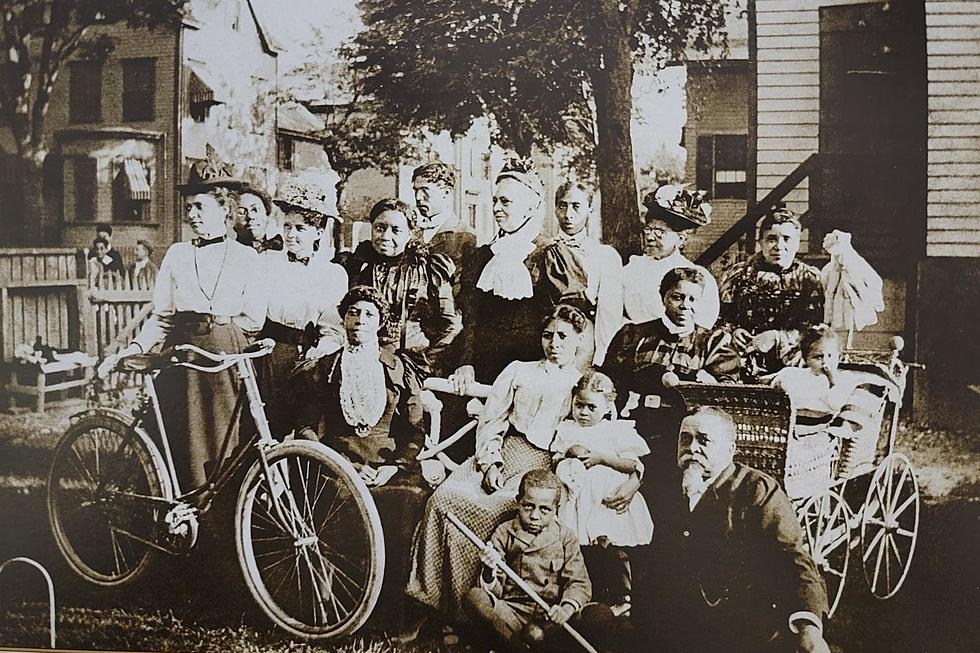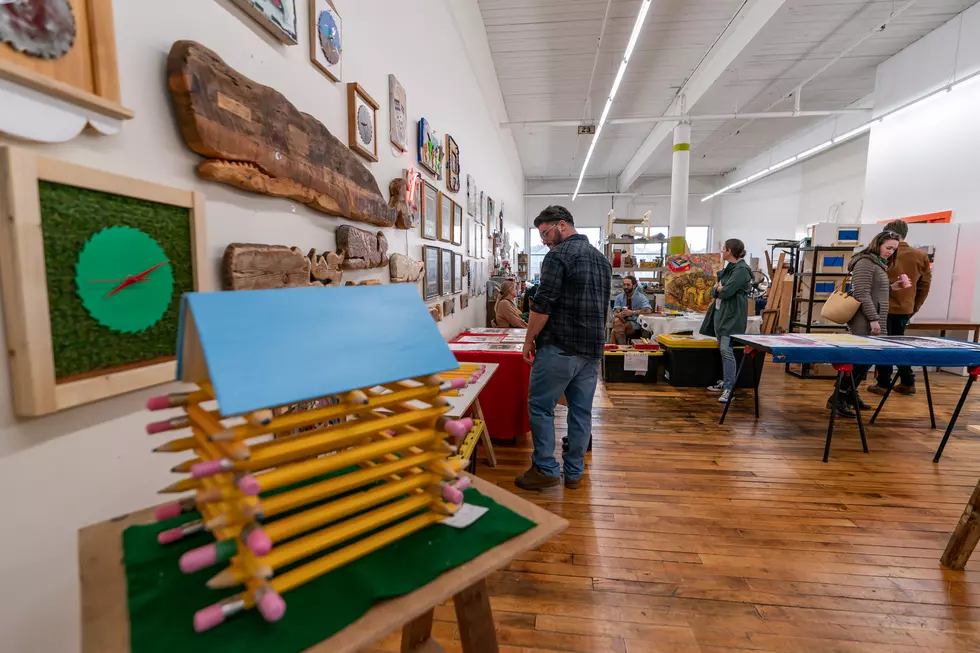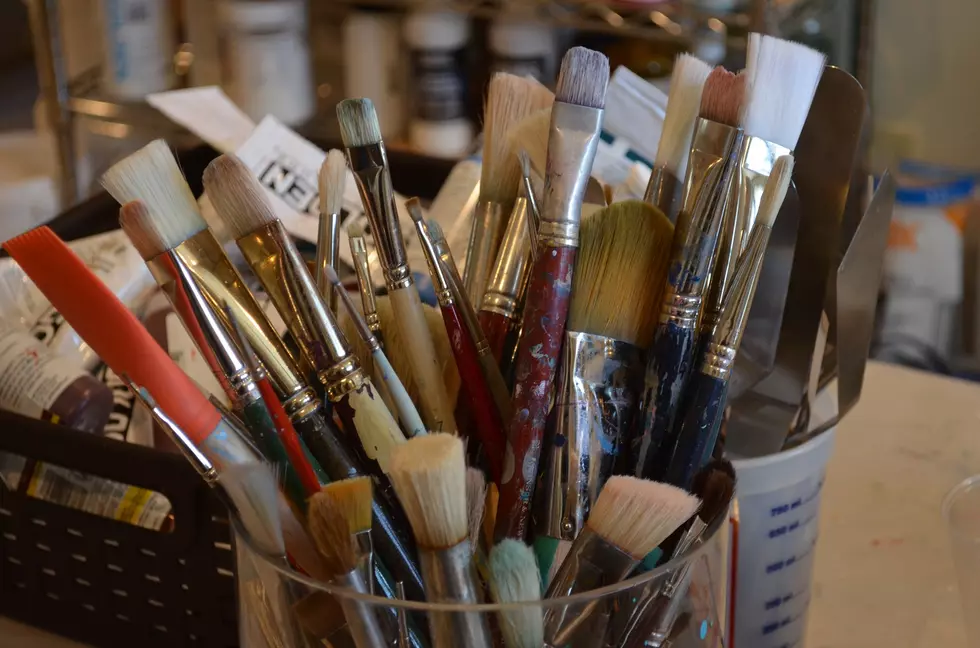![Lawn Jockey Lore [PHIL-OSOPHY]](http://townsquare.media/site/518/files/2020/08/GettyImages-167928465.jpg?w=980&q=75)
Lawn Jockey Lore [PHIL-OSOPHY]
Are lawn jockey statues racist objects?
I was reading that some believe they were used on the Underground Railroad to help escaping slaves by tying different color ribbons to the lawn jockey's arms. Green ribbons indicated safety while a red ribbon meant not to stop and to keep going.
Could this be true or is it a tall tale? According to a 1981 Philadelphia Inquirer article, the figure of the lawn jockey was known by slaves to be that of Jocko Graves, a symbol of freedom. The folk wisdom holds that the conductors of the Underground Railroad used the lawn jockey and other things to help direct escaping slaves toward freedom.
I'm proud to say that New Bedford was a very popular stop on the Underground Railroad. By the 1840s, New Bedford was home to 300-700 escaped slaves. Could the lawn jockey have been used in a positive way to help signal the escaping slaves?
An African American historian, Charles L. Blockson, along with others, began teaching this narrative as part of African American history. There's another legend about the lawn jockey Jocko Graves, a very young African American who became a hero serving George Washington during the Revolutionary War as featured in The Faithful Groomsman. In the 1960s, Earl Kroger Sr. wrote a children's book, Jocko: A Legend of the American Revolution. Ten years later, Thomas William Halligan wrote A Horse for the General: The Story of Jocko Graves, and Lee Carter was highlighted in newspapers recounting the story of The Faithful Groomsman.
However, Kenneth W. Goings wrote about Jocko Graves in Mammy and Uncle Mose in 1994 and said the story was purely mythical.
So I turned to one of the most informative and enriching sources to help me get to the truth, the Jim Crow Museum of Racist Memorabilia at Ferris State University, which "uses objects of intolerance to teach tolerance and promote social justice." It helped me sort out the folklore from the truth.
The answer to the question of whether or not lawn jockeys are racist objects is still mystifying and cryptic, but if you take 23 minutes and go on the most fascinating virtual tour, I promise you an experience that will shed light on the question.
Phil Paleologos is the host of The Phil Paleologos Show on 1420 WBSM New Bedford. He can be heard weekdays from 6 a.m. to 10 a.m. Contact him at phil@wbsm.com and follow him on Twitter @PhilPaleologos. The opinions expressed in this commentary are solely those of the author.

More From WBSM-AM/AM 1420

![Something New About the Underground Railroad [TOWNSQUARE SUNDAY]](http://townsquare.media/site/518/files/2022/02/attachment-Mass-to-Florida.jpeg?w=980&q=75)
![First Enslaved African Landing [PHIL-OSOPHY]](http://townsquare.media/site/518/files/2019/08/GettyImages-3190638.jpg?w=980&q=75)
![Help Us Dig a Tunnel to the Past [PHIL-OSOPHY]](http://townsquare.media/site/518/files/2019/02/GettyImages-860666870.jpg?w=980&q=75)





